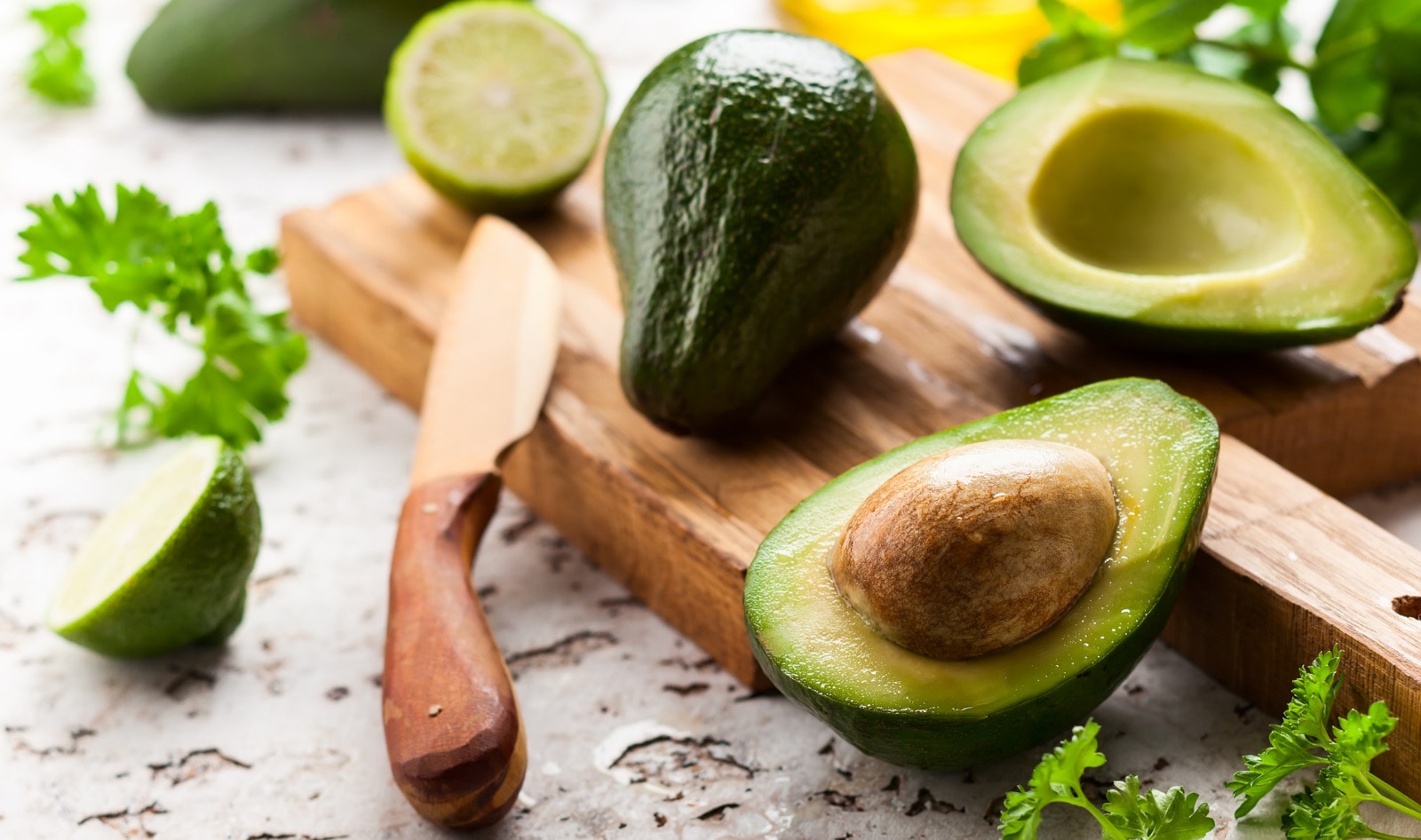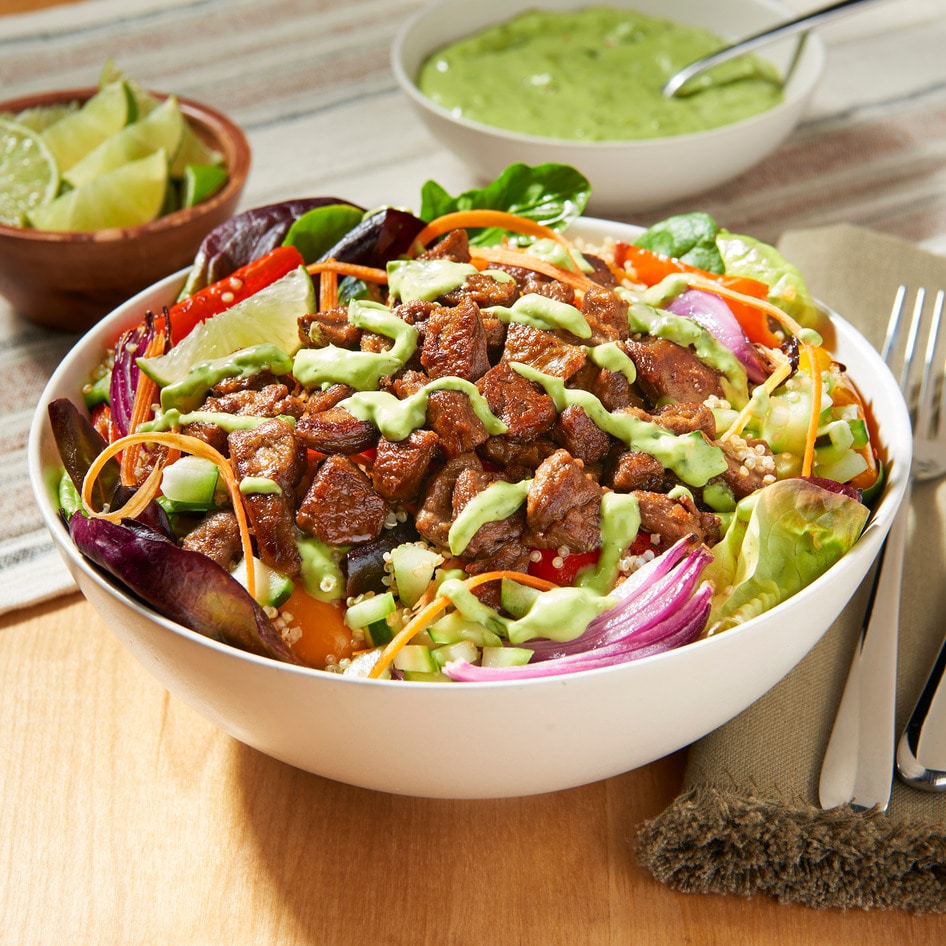Eating one avocado per day could improve overall diet quality and decrease unhealthy cholesterol levels, according to a new study published in the medical publication Journal of the American Heart Association. This was the largest and most extensive study to date on the health effects of avocados, including the largest number of participants and length of the study period.
The research was done in conjunction with Loma Linda University, Tufts University, and UCLA, with coordinating support from Wake Forest University. For the study, the researchers conducted a six-month experiment involving more than 1,000 participants experiencing being overweight or obese, half of whom were instructed to eat an avocado every day while the other half continued their usual diet and told to limit their avocado consumption to less than two per month. Fat in the abdomen and around other organs was measured precisely using an MRI before and at the end of the study.
The study found that eating avocados daily improved the overall quality of the participants’ diets by eight points on a 100-point scale and resulted in total cholesterol decreasing 2.9 milligrams per deciliter (mg/dL) and LDL cholesterol decreasing 2.5 mg/dL.
“Adherence to the Dietary Guidelines for Americans is generally poor in the US, and our findings suggest that eating an avocado per day can substantially increase overall diet quality,” Kristina Petersen, assistant professor of nutritional sciences at Texas Tech University, said in a statement. “This is important because we know a higher diet quality is associated with lower risk of several diseases including heart disease, type 2 diabetes, and some cancers.”

Do avocados cause weight gain?
While previous, smaller studies have found a link between eating avocados and losing weight and lowering BMI and waist circumferences, this study found that eating one avocado per day for six months was found to have no effect on belly fat, liver fat, or waist circumference in people who were overweight or obese.
“While the avocados did not affect belly fat or weight gain, the study still provides evidence that avocados can be a beneficial addition to a well-balanced diet,” Penny Kris-Etherton, Evan Pugh University Professor of Nutritional Sciences at Penn State, said in a statement. “Incorporating an avocado per day in this study did not cause weight gain and also caused a slight decrease in LDL cholesterol, which are all important findings for better health.”
The researchers also noted that eating avocados daily did not result in weight gain—which is often associated with high-fat foods such as avocados. “While one avocado a day did not lead to clinically significant improvements in abdominal fat and other cardiometabolic risk factors, consuming one avocado a day did not result in body weight gain,” Joan Sabaté, professor at Loma Linda University School of Public Health, said in a statement. “This is positive because eating extra calories from avocados doesn’t impact body weight or abdominal fat, and it slightly decreases total and LDL-cholesterol.”
The researchers said that in the future, they will continue to analyze data from the study. For example, participants were not instructed on how to eat their avocados each day, and future research could investigate how participants incorporated the avocados into their diet and whether any differences in the results are observed with these particular changes.

Avocados for heart health
Previous research has also shown additional benefits of eating fat from plants, such as avocados. A study published last year found that dietary fat plays a key role in stroke risk. More than 117,000 health professionals participated in the study, which found that the risk for stroke decreased by up to 12 percent in participants who consumed the most dietary fat from plant-based sources (such as avocado, olive, safflower, and canola oil).
For participants who consumed most of their dietary fat from meat-derived sources (such as beef, pork, lamb, bacon, salami, and other processed meats), the risk of stroke increased by 16 percent. Further, each serving of meat increased stroke risk by 8 percent, whereas a serving of processed meat spiked the risk by 12 percent. Researchers did not associate dietary fat from dairy sources with increased stroke risk.
“Our findings indicate the type of fat and different food sources of fat are more important than the total amount of dietary fat in the prevention of cardiovascular disease including stroke,” lead author Fenglei Wang, from Harvard T.H. Chan School of Public Health, said in a statement.
For the latest vegan news, read:
Is Chickpea Milk the Key to a Frothy Vegan Cappuccino?
Magnum Just Debuted a Dress Made From Cocoa Husks
Burger King Adds NotCo’s Vegan Chicken to Menu in Chile
JUMP TO ... Latest News | Recipes | Guides | Health | Subscribe









